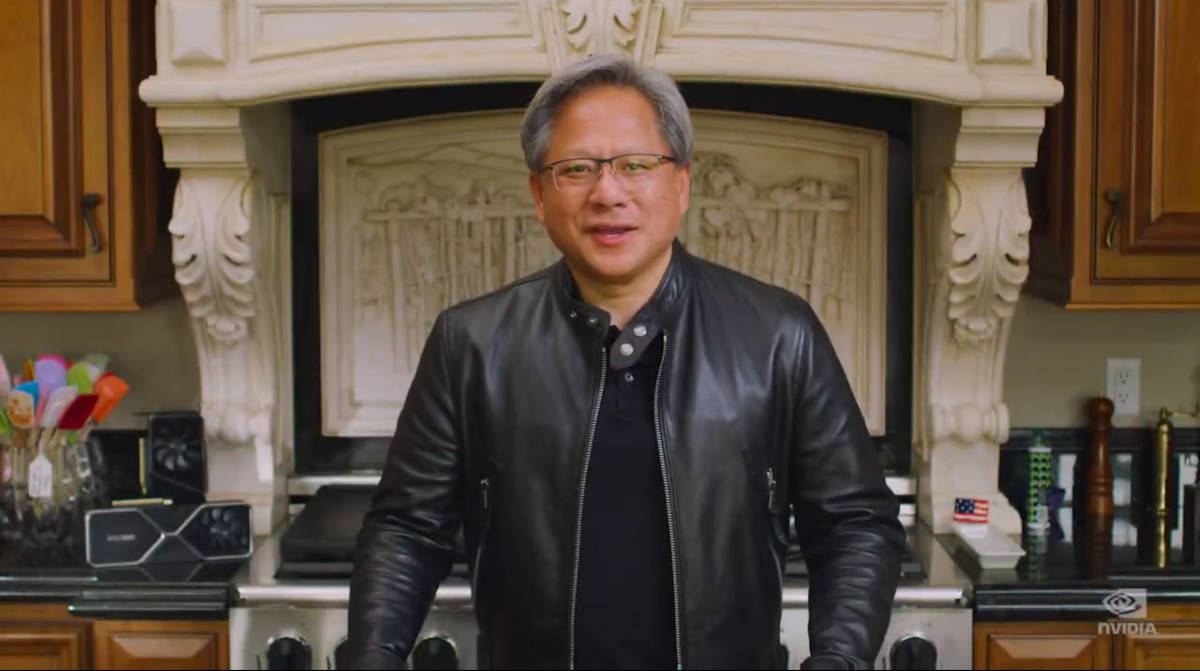Trump Allegedly Reassessing AI Chip Export Restrictions to China

Nvidia’s Dinner at Mar-a-Lago: A Game Changer for AI Chips?
What Happened at Mar-a-Lago?
Recently, Nvidia made headlines after a lavish dinner at President Trump’s estate, Mar-a-Lago, where they reportedly spent a whopping one million dollars. It seems this expensive evening may have influenced U.S. government policy regarding Nvidia’s AI chips.
Policy Changes on Nvidia’s AI Chips
Following this extravagant gathering, reports suggest that the Trump administration decided to delay plans that would have tightened restrictions on the sale of Nvidia’s H20 GPUs to China. This shift in policy occurred just after Nvidia’s CEO, Jensen Huang, attended the dinner, hinting at a possible connection between the two events.
According to sources from NPR, the Trump administration’s change of heart may have come after Nvidia proposed further investments in U.S.-based AI data centers. This investment could indicate a win-win situation, where the U.S. gains economic benefits while allowing Nvidia continued access to the lucrative Chinese market.
The Current Climate of U.S.-China Trade Relations
The relationship between the U.S. and China has been tense, especially since Trump took office. Recently, the President advocated for drastic tariffs on Chinese imports, which could reach as high as 125 percent. Given this backdrop, many anticipated that the government would impose stricter rules on the sale of Nvidia’s advanced chips.
The Importance of Nvidia’s H20 GPUs
Nvidia’s H20 GPUs are among the most powerful chips that can legally be sold to China. These chips are crucial for Chinese companies involved in AI development and cloud computing. Many firms in China are heavily reliant on Nvidia’s technology, given its outstanding performance in AI and computational tasks.
China’s Response and Alternatives
China has been working on creating its own chips to reduce dependence on Nvidia and other Western technology. However, many of these domestic companies are on the U.S. Entities List, making it challenging for them to procure the necessary components from advanced manufacturers like TSMC and Samsung. Notably, Huawei has been accused of attempting to bypass these restrictions through various means.
Stockpiling H20 GPUs
In anticipation of tighter export restrictions, Chinese firms are said to be preparing to stockpile around $16 billion worth of H20 GPUs. This proactive strategy illustrates how essential Nvidia’s technologies are becoming for China’s AI initiatives and supercomputing capabilities.
Ongoing U.S. Efforts to Limit Access
The U.S. has been taking steps to limit China’s access to high-end semiconductor technology for years. This includes bipartisan actions to prohibit the export of advanced chips to China and to restrict sales to products with significantly reduced processing power.
In response, Nvidia has been developing modified versions of its chips to comply with these new regulations, a strategy they may continue with their latest series of products.
The Future of AI Technology Trade
The discussions surrounding Nvidia’s chips symbolize broader economic and technological tensions between the U.S. and China. As both nations navigate complex relationships in trade and technology, major players like Nvidia find themselves at the crossroads of policy, investment, and global tech competition. There is no doubt that the development of AI technologies will remain a key focal point in international relations and commerce.
Nvidia has not commented on these latest developments, nor has the U.S. Commerce Department provided a statement on the issue. The evolving landscape of trade policies and technological exchange will be worthwhile to monitor for any further implications.






